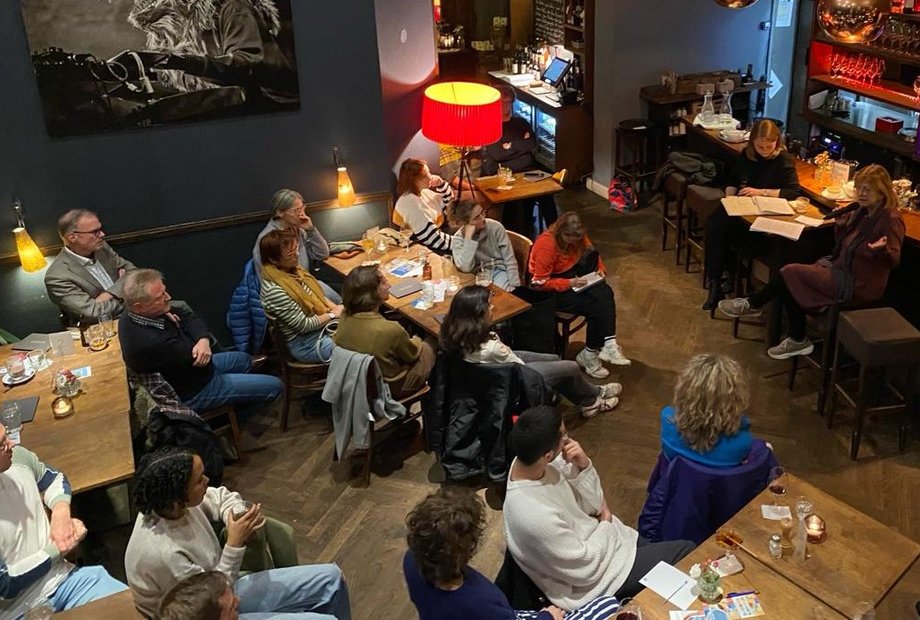Every man for himself. We still have in our minds the dramatic pictures of the Western withdrawal from Afghanistan. In August 2021, the 20-year long operation ended in an unprecedented catastrophe. It was the biggest and most expensive crisis operation in the history of the Western Community and NATO, inflicting an unimaginable number of victims.
Given the failed international peace operations in Afghanistan and Mali, peace research has emphasised the importance of local people for peace formation for many years. However, we still have little knowledge about how local conflict settlement works. Furthermore, the Western world often lacks an understanding of the worldviews prevalent in non-western regions. Dr Anna Kreikemeyer wants to fill these knowledge gaps. In her research project “Local Peace”, she analyses the chances and limits of “peace formation from below”, especially in Caucasus and Central Asia. On 6th November, Anna Kreikemeyer spoke about the fieldwork of her scientific team in Kyrgyzstan and Georgia and presented first results at the popular IFSH event HADLEY’S Evening Salon.
Learning from local peace practices
Local communities, often run by village elders, a priest or even a respected older woman, are not automatically peaceful, according to Anna Kreikemeyer. But in many places people are capable of coping with local and everyday tensions. Be it a neighbourhood dispute over pasture land, clashes between ethnic groups or a conflict about the building of a damn – in many communities, individual persons, informal groups or self-organised organisations contribute to peace formation “from below”. In doing so, they stick to their communities’ notion of social unity, authority, customary law and gender norms. Kreikemeyer suggests that if we want international missions to be successful in such regions, it is crucial to gain a better understanding of these local communities and involve them in peacebuilding at an early stage. (Bureaucratic) rules, (economic) constraints, and (cultural) beliefs of each party have to be made transparent and negotiated on both sides. It is only then that a reliable and sustainable trust can develop, and the chance for peace will increase.
The HADLEY'S Evening Salon is a well-attended IFSH event series. It takes place once a month at the bar HADLEY’S. Everyone who is interested can join. In a relaxed atmosphere, the IFSH researchers provide insights into current research topics. The meetings are held in German.






